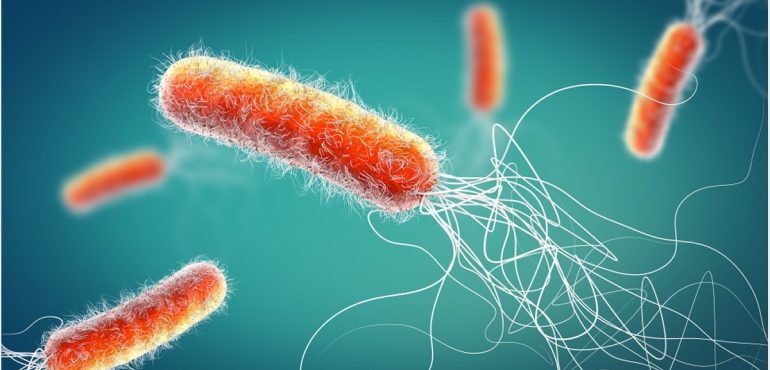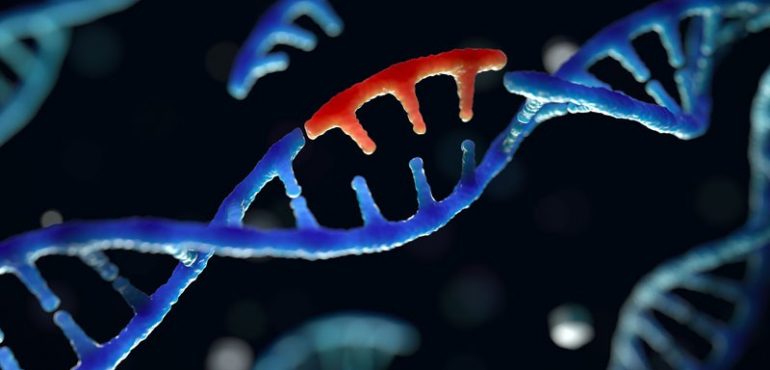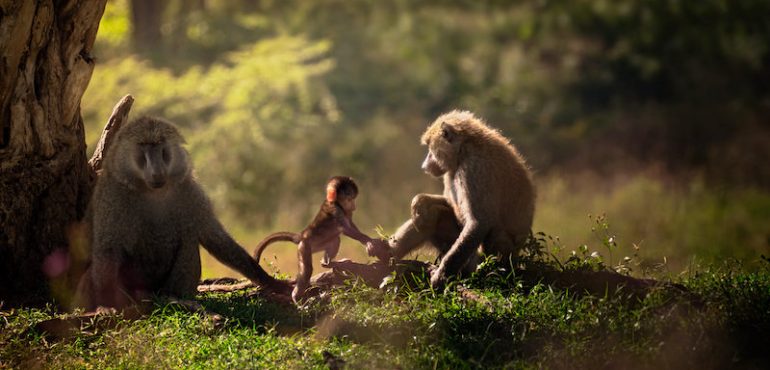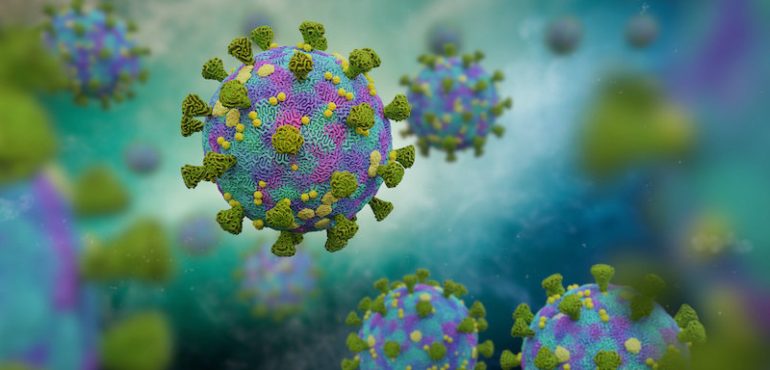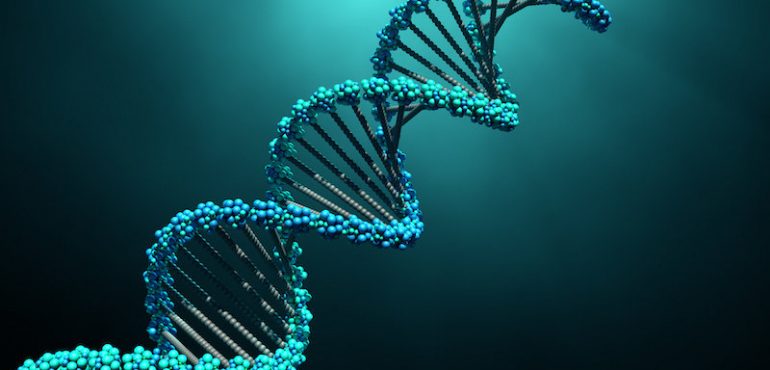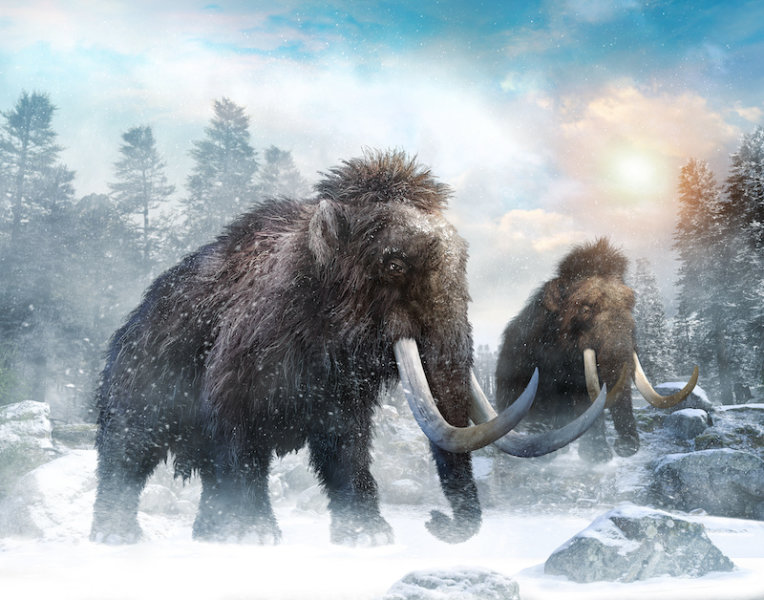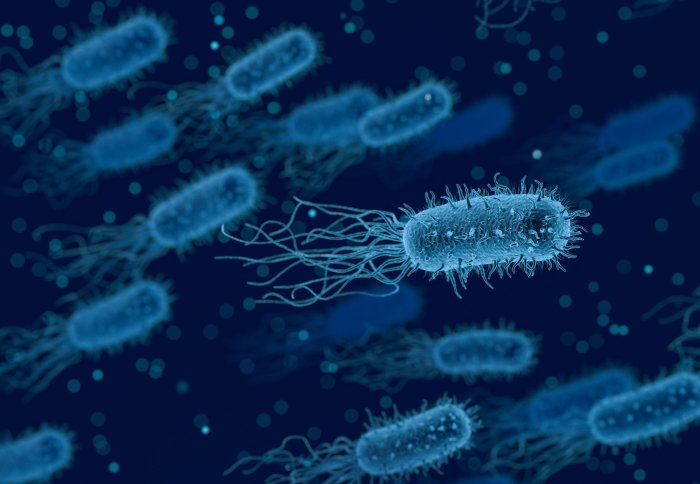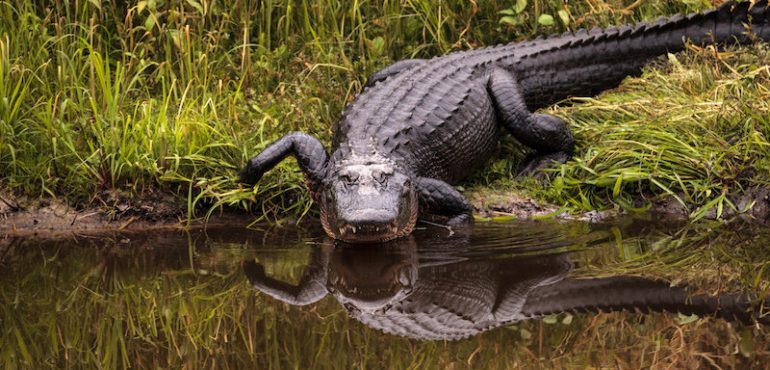A study of microbial populations under a prolonged period of starvation by Indiana University professor Jay T. Lennon and his laboratory could help researchers answer questions pertaining to chronic infections, the functioning of bacteria in the environment and the persistence of life itself. In a paper published online Aug. 12 by the Proceedings of the National…
Read more
Microbial study reveals extended lifespan of starved bacteria
